Secondary Triage
Data Competition
During secondary triage, which follows initial evaluation and treatment in primary triage, casualties may be enroute to or may have just reached medical facilities. The goal of the Data Competition is to identify physiological signatures of injury derived from data captured by non-invasive sensors (contact-based or stand-off) to enable anticipatory decisions and prioritization for medical evacuation and care during secondary triage.
Performers will develop algorithms that detect signatures in these data streams to provide decision support appropriate for austere and complex pre-hospital settings. Of particular interest are early signatures indicating a need for life-saving interventions (LSIs) against conditions that medics are trained and equipped to treat during secondary triage, such as hemorrhage and airway injuries. The Data Competition will use DARPA provided de-identified, multi-modal physiological data from trauma patients in diverse settings and cohorts provided by the DARPA Research Infrastructure for Trauma with Medical Observations (RITMO) program.
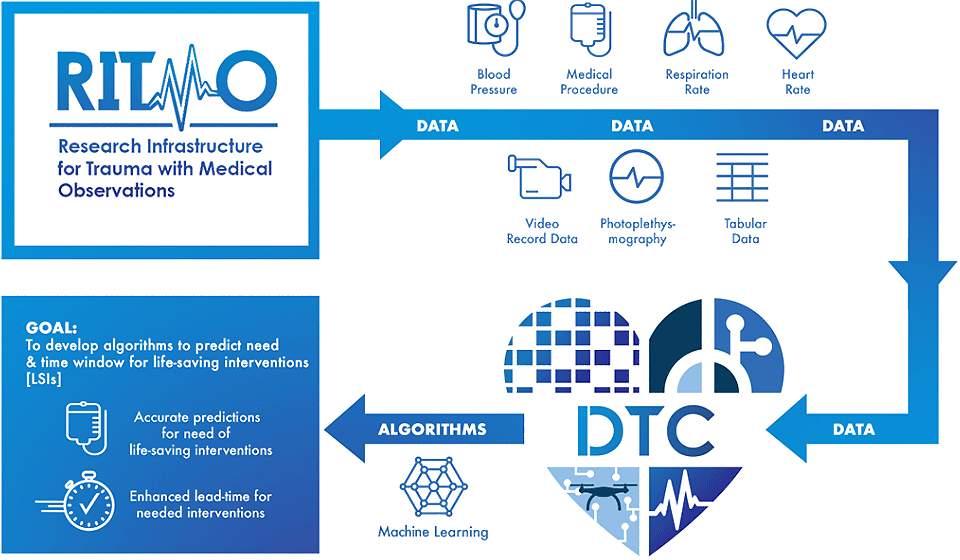
Technical Challenge Elements:
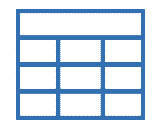
Multiple data sources:
With varied source populations, patient demographics, types of injury, and standard clinical operating procedures. Each data set may have a different standard set of sensor readings, with different added sensors in each phase of the DARPA Triage Challenge. Approaches must demonstrate robustness across a range of datasets and sensor types.
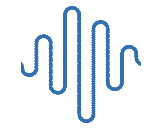
Multiple data inputs
Includes static data (e.g., mechanism of injury or anatomical injury pattern); multiple simultaneous, continuous streams of high-frequency waveforms; and potentially point-of-care imaging data.
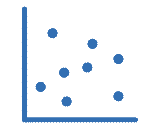
Raw Data
Data as it comes from the sensors (i.e., without any post-sensor cleaning), with the noise, aberrant values, and dropouts that occur in clinical environments.

Degraded Data
DARPA may inject additional challenges that can be expected in battlefield and civilian pre-hospital settings, such as noisy, aberrant values, severe degradation or total loss of a particular sensor, to test the robustness of competitor strategies to such plausible scenarios.
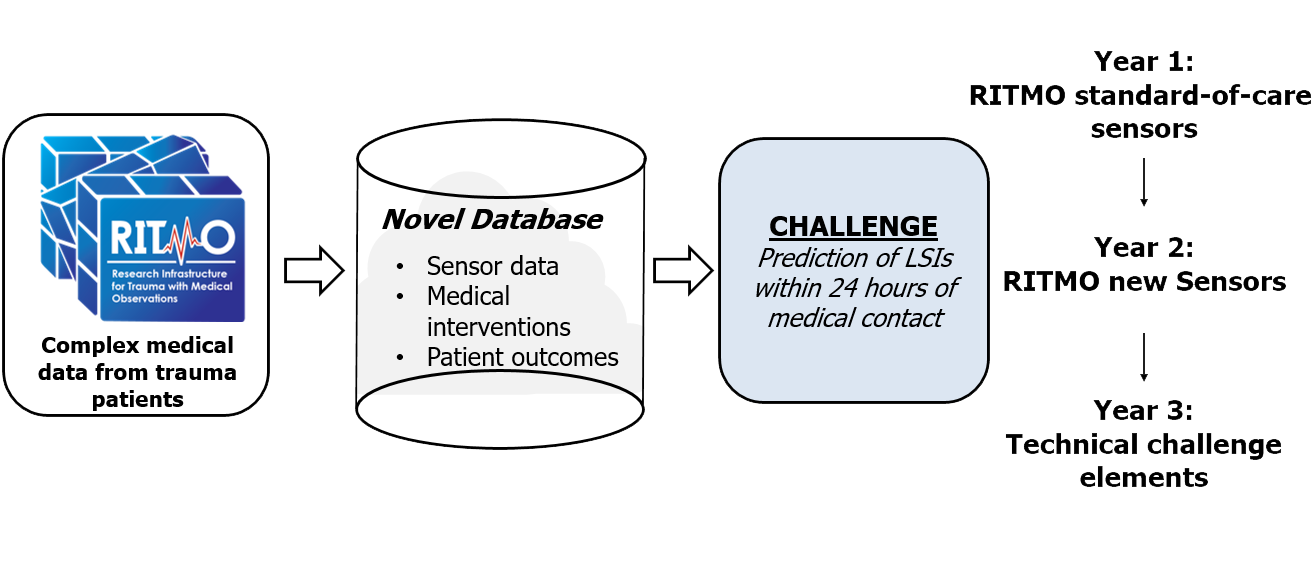
Skills Required
Data science, machine learning, medical knowledge
Scoring Criteria
- Accuracy of LSI prediction (for any LSI and for more specific classifications, such as hemorrhage or airway interventions)
- Lead-time for LSI predictions
- Duration of monitoring and processing needed to generate LSI predictions
Team Qualification
For more information, please refer to team qualifications guide, the kick off slides and the broad agency announcement (BAA). Qualification is for self-funded teams only.
